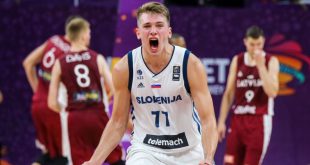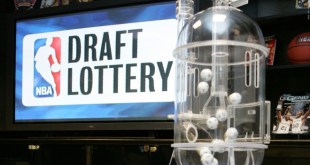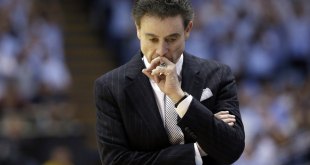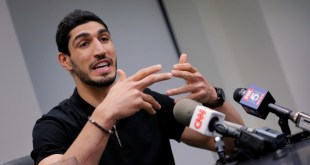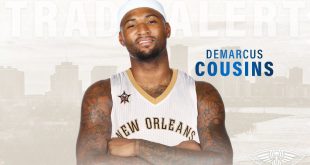For weeks leading up to the NBA draft, most pundits had Real Madrid superstar and Jennifer Aniston-enthusiast Luka Doncic being picked second by the Sacramento Kings. With Vlade Divac of the former Yugoslavia at the helm in Sacramento, the Solevian point-forward Doncic seemed like a perfect fit. But then, Luka dropped a few spots, and Marvin Bagley III started showing up on drafts boards as the second pick. Word began to emerge that Doncic did not want to go to Sacramento. But so what, right? If the Kings wanted him enough, they could draft Doncic and hold onto his rights to prevent him from signing with another NBA team.
In that sense, soon-to-be drafted players have very little leverage in deciding their future. Nevertheless, Doncic was able to wield what little leverage he possessed (leverage that current NBA players don’t even possess when being dealt to another team) in order to convince the Kings to pass on him, thereby allowing the Dallas Mavericks (who Doncic clearly liked better) to trade up to the third spot and pick him. The leverage he used? His own medical information and the professional contract he already had with Real Madrid.
Article 22.4 of the Collective Bargaining Agreement (CBA) allows team physicians to provide the medical information on an existing NBA player where another team requests the information in connection with a “contemplated” trade of the player in question. At that point, the NBA player has no say over whether his medical information is shared since he signed a Uniform Player Contract requiring him to submit to medical examination, treatment, and (if necessary) rehabilitation by team-appointed professionals..
But what about players who have declared for the NBA Draft? Are they required to submit medicals to requesting teams that could draft them? In short, no they are not.
Article 22.5 of the CBA addresses medical records and examinations of potential draftees, but because the draftees are not yet signed to an NBA contract, they are not bound by the CBA and Article 22.5 can’t require them to do anything. Rather, Article 22.5 governs team conduct in dealing with draft-eligible players. It merely states that a team “may request that persons eligible for such Draft voluntarily submit” to medical, laboratory, intelligence, and/or personality tests. In summary, that’s some pretty toothless language that doesn’t guarantee a team will ever see a player’s medicals before they decide whether to draft him.
And so with that in mind, Luka Doncic kept his medical information out of the hands of the Sacramento Kings. Add to that reports that Doncic might sign an extension with Real Madrid in Europe and Doncic’s own words that he wasn’t sure Real Madrid’s EuroLeague Final Four games in May were his last games in Europe, and Sacramento was sufficiently spooked to pick Bagley instead.
The NBA could try to require all draft-eligible players to provide their medical information to any NBA team that requests it. However, they won’t get the chance to do that until 2023 at the earliest, when the NBA and NBPA each have the option to opt out of the current CBA.
 The Sports Esquires Putting Sports on Trial
The Sports Esquires Putting Sports on Trial
